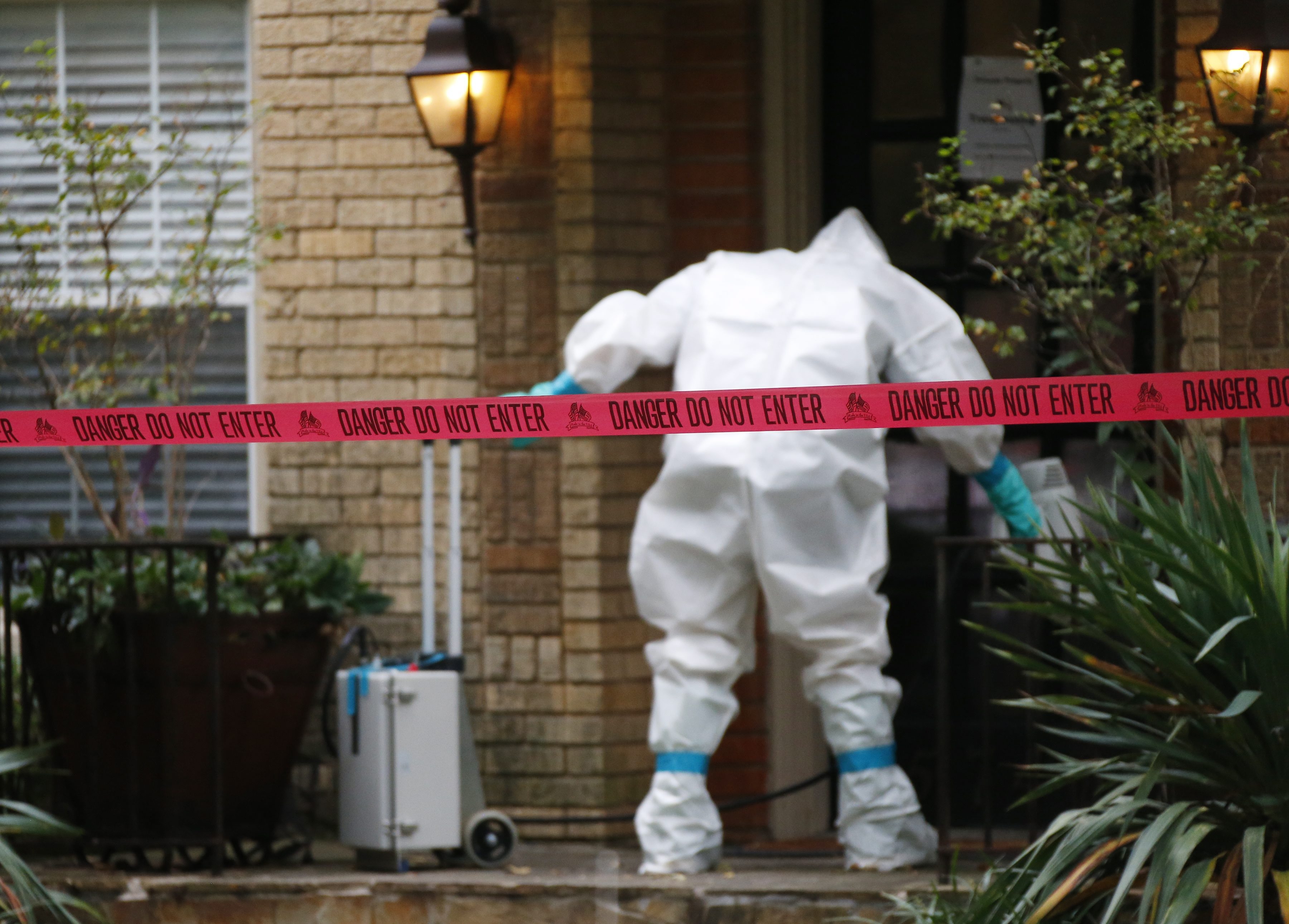We like to poke fun at Dallas’ perennial striving to be “world class.” It’s a symptom of a kind of self-regarding, aspirational character that is not unique to Dallas, but which does manifest itself in this city in a particular way. Most newer, up-and-coming cities share a sense of wanting to prove their worth. But Dallas’ history has shaped this sensibility in its own way. Entrepreneurialism is the city’s birth right; social status is engrained as one of its highest civic values. But our scars, too, have contributed to the particular substance of our striving, self-conscious attempts to be regarded as great.
As we spent considerable ink exploring last year during the 50th anniversary of the John F. Kennedy assassination, the scars left by those terrible events affected Dallas in a particular way. Not every city could have been branded a “city of hate;” that was the result of the particular cultural and political soup that was simmering here at the time. But also, not every city would have internalized that reputation – and its shame and sense of remorse – with quite the same measure of wounded-ness. Those wounds have taken decades to get over, and they have also contributed to the desire and drive to make Dallas a great city.
In the days following the Ebola breakout, I couldn’t help but think about the assassination. It’s an unfair, but inevitable comparison. After all, right from the beginning, Mayor Mike Rawlings made comments about how the presence of Ebola in our city somehow affirmed its status as a “world city.” That smacked of Dallas’ familiar aspirational pride, and it also made it clear that city leaders understood the outbreak as another spotlight moment. Now that the handling of the outbreak has been marred by embarrassing missteps, Dallas faces another moment in its history where its civic brand – so carefully managed by boosters; so often spun, maligned, and misunderstood by the wider world – may be corroded by a sense of incompetence and failure.
There’s an article on the Daily Beast today that attempts to capture the mood of Dallas not as the “City of Hate,” but as “Plague City,” as the piece coins Dallas’ latest moniker. The entire post is worth a read. You get to hear about a little girl licking the elevator buttons at Presbyterian Hospital and the scene at the San Francisco Rose up the block from the apartment where Nina Pham lives where anxious neighbors gather and chat Ebola. There’s also some neighbor chatter about JFK and the Dallas Cowboys. The article does a good job at capturing the liminal mood that currently seems to hover over this city — a little nervous, a little optimistic, and a little sarcastic. But also, a little self-conscious:
It’s been a weird few weeks in Dallas since Duncan’s diagnosis became public knowledge on Sept. 29. Scenes like the one outside Pham’s aparmtent have become the awkward norm.
Dallasites have become fairly Ebola-aware. They know enough not to totally freak out, but they know enough to be concerned, too. They’re not taking the news badly, but they’re not exactly taking it well.
More than anything, the news has turned Dallasites into a mostly disheartened lot, annoyed that their city has had to serve as the first line of defense against Ebola’s march upon the West.
“It’s so embarrassing that this is happening in Dallas,” sighed one of Pham’s Marquita Avenue neighbors early on Sunday evening. . . . “Why couldn’t it have been Oklahoma or West Virginia? Why Dallas? Dallas isn’t some backwoods city.”





